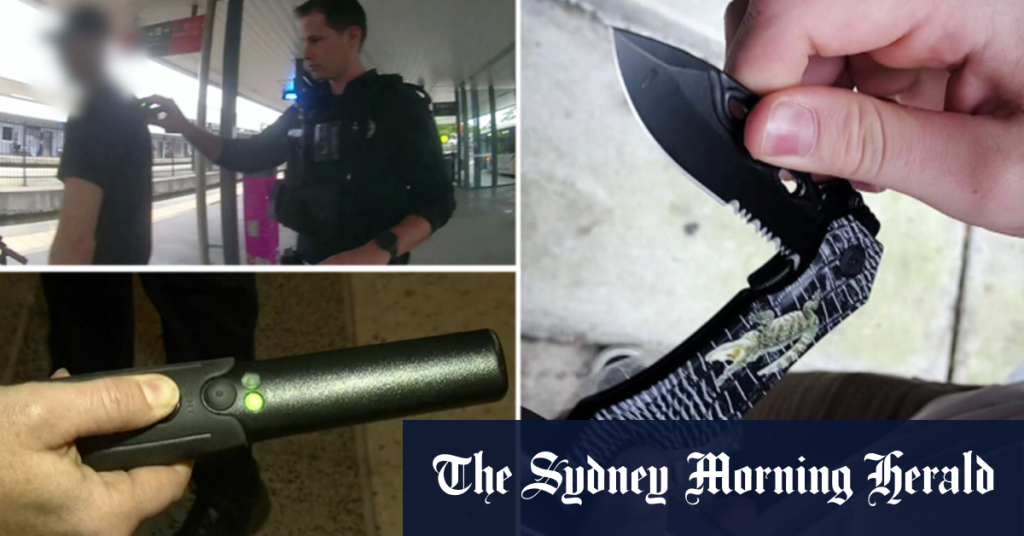NSW Police officers have been granted the power to search individuals without a warrant, a move that has sparked controversy and concern among civil liberties advocates. This new authority allows officers to use a metal detection device, known as a ‘wand,’ to conduct searches in public places, including public transport hubs and music festivals. The rationale behind this decision is to bolster security and combat criminal activity, particularly in response to increasing instances of violence and drug-related incidents in these settings. However, critics argue that this expansion of police powers raises significant privacy and civil rights issues, potentially leading to increased instances of police misconduct and racial profiling.
The introduction of this policy has elicited mixed reactions from the public, with some supporting the increased security measures and others expressing reservations about the potential for abuse of power. Proponents of the policy highlight the need for enhanced safety measures in light of recent incidents of violence and drug-related crime in public spaces. They argue that allowing police officers to conduct searches without a warrant can help deter criminal activity and ensure the safety of individuals in these environments. However, critics warn that granting police officers unchecked authority to search individuals raises concerns about privacy invasions, racial profiling, and wrongful arrests.
Civil liberties advocates have raised concerns about the potential for abuse of power and discriminatory practices resulting from the new search policy. They argue that giving police officers the authority to search individuals without a warrant could lead to increased instances of harassment, profiling, and wrongful arrests, particularly among marginalized communities. Furthermore, critics contend that the use of metal detection devices, such as wands, may not be an effective or reliable method for detecting illegal substances, potentially leading to false accusations and unwarranted intrusions into individuals’ privacy.
Despite the controversy surrounding the new search policy, NSW Police Commissioner Mick Fuller has defended the decision, emphasizing the importance of public safety and security. Commissioner Fuller asserts that the use of metal detection devices will help deter criminal activity and enhance the effectiveness of law enforcement efforts in preventing violent incidents and drug-related offenses. He maintains that the new powers granted to police officers are necessary to combat the growing threats posed by criminal elements in public spaces and ensure the safety of individuals in these environments.
The implementation of the new search policy has reignited debates about the balance between security and civil liberties, with proponents and critics offering conflicting perspectives on the implications of this controversial decision. Supporters argue that the increased police powers are essential for enhancing security measures and combating criminal activity in public settings, while opponents express concerns about potential abuses of power, privacy violations, and discriminatory practices. The ongoing dialogue surrounding this issue highlights the need for careful consideration of the implications of expanding police powers and the importance of maintaining a balance between security and civil rights in the enforcement of law and order.
In conclusion, the decision to grant NSW Police officers the power to search individuals without a warrant using metal detection devices has sparked intense debate and raised significant concerns about privacy, civil liberties, and police accountability. While proponents argue that the new search policy is necessary for enhancing public safety and combating criminal activity, critics warn of the potential for abuse of power, racial profiling, and violations of individual rights. The controversy surrounding this issue underscores the complexities inherent in balancing security measures with civil liberties and the need for ongoing vigilance in safeguarding the rights and freedoms of all individuals in society.













